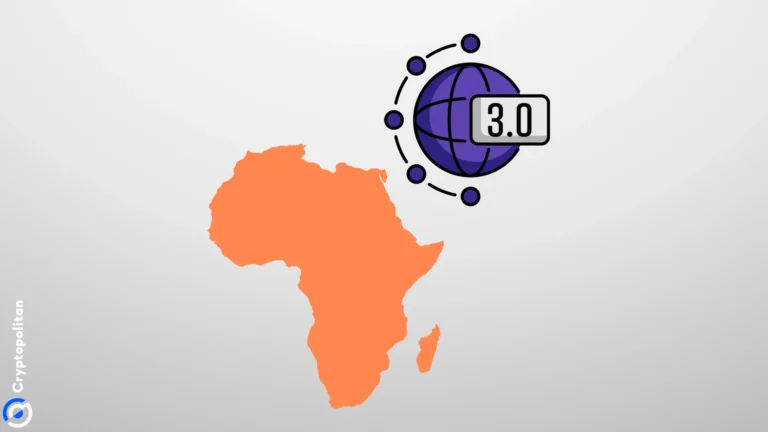
According to a government organisation on WorldCoin, cryptocurrencies and blockchains present monetary risks to the Kenyan economy.
The Kenyan National Assembly has been informed that the WorldCoin cryptocurrency may have significant effects on the monetary policy and power of the Kenyan government.
The National Computer and Cybercrimes Coordination Committee (NCCCC) Director of the nation, James Kimuyu, reportedly made the claim during an ongoing investigation after WorldCoin suspended its operations in Kenya in August 2023, according to local reports.
“Cryptocurrencies and blockchains may make it more difficult for the central bank to enforce monetary policy and manage the money supply. Interest rates and reserve requirements may be impacted by cryptocurrencies’ decentralised character, according to Kimuyu.
The quick and cost-effective transaction of cryptocurrencies like WorldCoin, according to Kimuyu, might put pressure on foreign exchange systems and remittance providers.
The committee also said that because WorldCoin transactions are decentralised, it may be challenging to identify and tax them, which may result in tax avoidance.
The committee is concerned about the use of biometric data and the threat that WorldCoin’s quick and affordable transaction method may pose. Particularly, it is thought that the usage of biometric data could endanger national security. These issues underline the necessity of closely examining and regulating digital currency initiatives to make sure they adhere to national security, privacy, and security norms.
“The financial and digital identity platform has inherent cybersecurity risks and vulnerabilities including cyber-attacks, hardware security, computer fraud, data breaches, and identity spoofing, exploitation amongst others,” he added.
However, the committee noted that WorldCoin is recognised as a data controller in the nation, allowing the business to choose how to utilise the information obtained there.
It is still claimed that the corporation broke the law.
The committee stated, “We have noted obvious violations of our data protection laws,” and added that Kenya lacked jurisdiction to compel Worldcoin to abide by local regulations because it does not have actual operations here.
Kimuyu emphasised that WorldCoin operations might contribute to an increase in terrorist attacks, illicit activity including money laundering, and dangers to cyber security.


